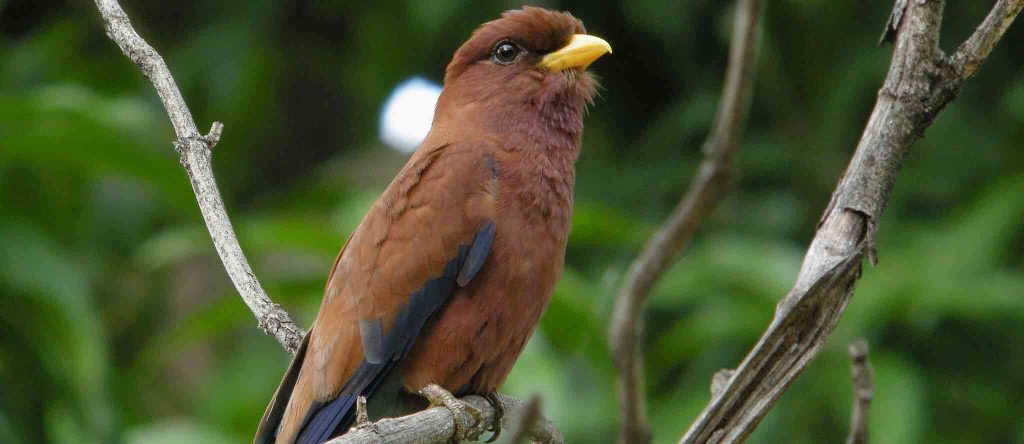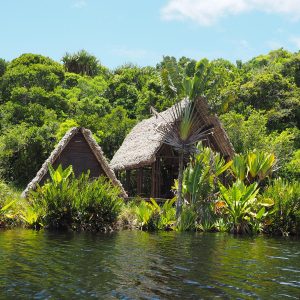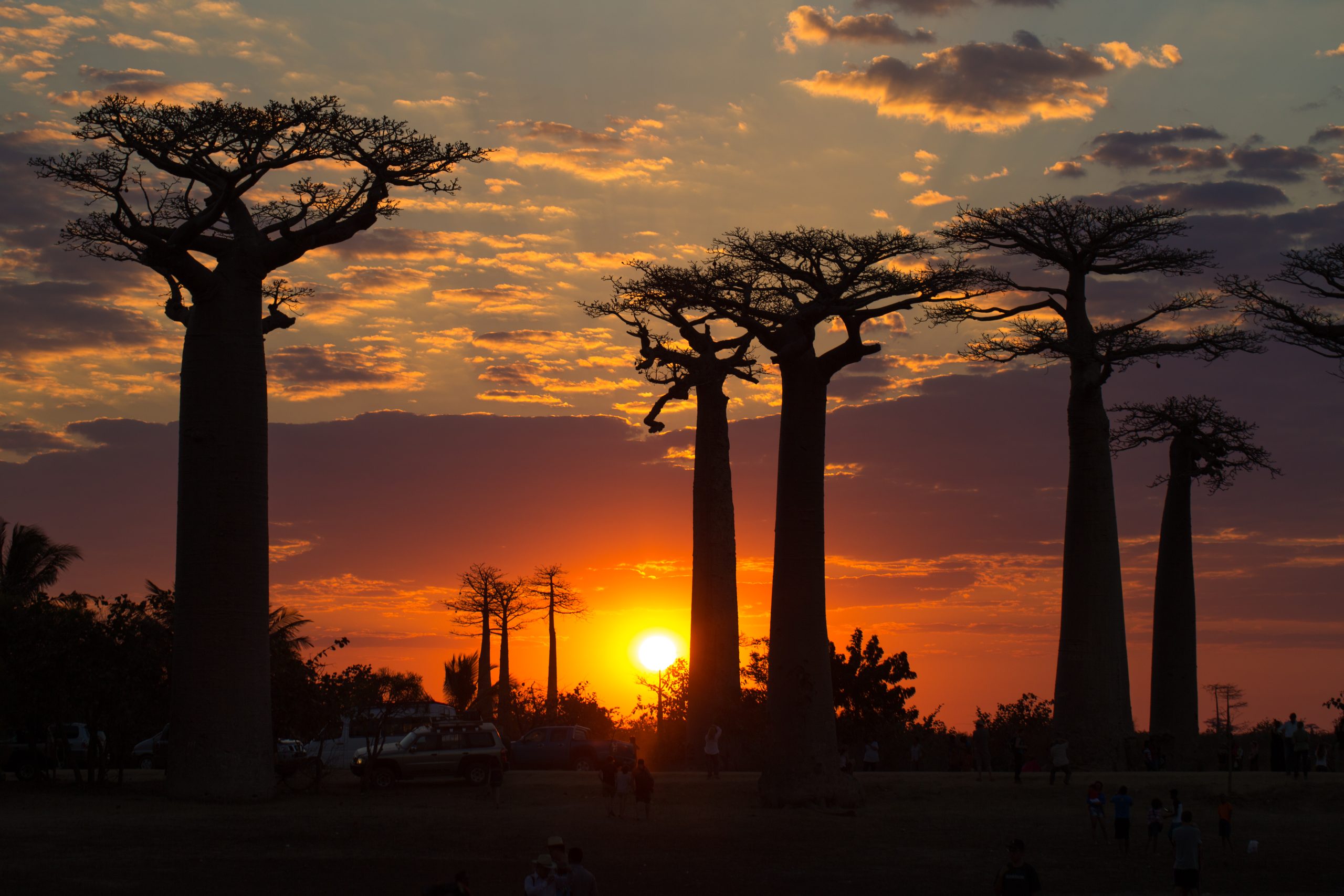Madagascar, the world’s fourth-largest island, is a paradise for nature enthusiasts and adventure seekers alike. Located off the southeastern coast of Africa, this unique destination is renowned for its extraordinary biodiversity, much of which is found nowhere else on Earth. As the world increasingly turns towards sustainable and responsible travel, Madagascar stands out as a beacon for ecotourism, offering an array of opportunities that not only allow visitors to experience its natural wonders but also contribute to the conservation of its rich ecosystems.
Unique Biodiversity: The Crown Jewel of Madagascar
Madagascar’s isolation from the African continent for millions of years has led to the evolution of a vast number of species found only on this island. The most famous of these Madagascar animals are the lemurs, with over 100 species and subspecies, each more fascinating than the last. From the tiny mouse lemur, the smallest primate in the world, to the larger Indri, known for its distinctive calls, Madagascar’s lemurs are a significant draw for ecotourists.

In addition to lemurs, the island is home to an impressive array of reptiles, amphibians, and plants. The chameleons of Madagascar are among the most extraordinary, both in terms of diversity and their remarkable adaptations. Madagascar is home to nearly half of the world’s chameleon species, making it a hotspot for those interested in these fascinating reptiles. The island’s flora is equally remarkable, with over 12,000 species of plants, 70-80% of which are endemic. The baobab trees, often referred to as the “upside-down trees,” and the spiny forests are particularly iconic. The unique habitats found throughout the island are crucial to Madagascar wildlife, providing shelter and sustenance to its myriad species.

National Parks and Protected Areas: Hubs for Ecotourism
Madagascar boasts numerous national parks and reserves that are ideal for ecotourism. These protected areas not only preserve the island’s unique ecosystems but also provide visitors with a chance to experience its natural beauty firsthand.
- Andasibe-Mantadia National Park: Located in the eastern part of Madagascar, this park is famous for its population of Indri lemurs. The park’s lush rainforest setting offers excellent opportunities for hiking, bird watching, and nocturnal wildlife tours. It’s also a prime spot for observing some of Madagascar’s chameleon species in their natural habitat, particularly after rain showers when these reptiles are most active.
- Ranomafana National Park: A UNESCO World Heritage site, Ranomafana is known for its rainforest and hot springs. Visitors can explore the park’s network of trails, which wind through dense forest home to several species of lemurs, including the critically endangered golden bamboo lemur.
- Isalo National Park: Situated in the south-central part of Madagascar, Isalo is renowned for its dramatic sandstone formations, deep canyons, and natural swimming pools. The park’s varied landscapes make it a prime location for trekking and exploring the unique flora and fauna of the area.
- Avenue of the Baobabs: Though not a national park, this iconic stretch of dirt road lined with ancient baobab trees is one of Madagascar’s most photographed locations. It serves as a stunning example of the island’s unique landscapes and offers a picturesque setting for sunrise or sunset tours.
Community-Based Ecotourism: Supporting Local Economies

One of the most compelling aspects of ecotourism in Madagascar is its potential to support local communities. Many ecotourism initiatives on the island are community-based, meaning that they are managed by local residents who directly benefit from the tourism revenue. This model not only provides economic incentives for conservation but also helps to preserve cultural traditions and promote sustainable development.
Visitors can participate in cultural exchanges, stay in locally-run eco-lodges, and engage with projects that focus on reforestation, wildlife conservation, and sustainable agriculture. For example, in the village of Anja, a community-run reserve allows tourists to see ring-tailed lemurs in their natural habitat, with the income generated going towards local schools, healthcare, and conservation efforts.
Marine Ecotourism: Discovering Madagascar’s Coastal Treasures
Madagascar’s opportunities for ecotourism extend beyond its terrestrial wonders. The island’s coastline is fringed with coral reefs, mangroves, and secluded beaches that are perfect for marine ecotourism.
- Nosy Be: Known as the “Perfume Island” due to an abundance of fragrant flowers, Nosy Be is a popular destination for diving and snorkeling. The surrounding waters are rich in marine life, including whale sharks, humpback whales, and vibrant coral reefs. Several eco-conscious dive operators in Nosy Be are dedicated to marine conservation and offer tours that emphasize sustainability.
- Masoala National Park: Covering both terrestrial and marine areas, Masoala is Madagascar’s largest national park. It offers pristine rainforests and a wealth of marine biodiversity. Visitors can explore the park’s coral reefs, which are home to a variety of fish species, sea turtles, and occasionally, dolphins.
- Tsarabanjina: A private island in the Mitsio archipelago, Tsarabanjina offers an exclusive ecotourism experience. With its crystal-clear waters and abundant marine life, the island is ideal for snorkeling, bird watching, and simply relaxing in harmony with nature.

Discover the Legends of Madagascar…
Challenges and the Path Forward
While the opportunities for ecotourism in Madagascar are considerable, there are significant challenges that need to be addressed to ensure the sustainability of this industry. Deforestation, habitat destruction, and illegal wildlife trade are ongoing threats to Madagascar wildlife. Additionally, the infrastructure in many parts of the island is underdeveloped, making travel difficult and sometimes limiting the accessibility of certain ecotourism sites.
To overcome these challenges, collaboration between the government, non-governmental organizations, local communities, and the private sector is essential. Sustainable practices must be promoted and enforced, and tourists should be encouraged to participate in responsible travel by supporting eco-friendly accommodations and tours that prioritize conservation and community benefits.
As a member of the Lemur Conservation Network, Dadamanga is committed to upholding sustainable practices and responsible travel in Madagascar. Check out their article on the importance of ecotourism in Madagascar for some great tips to be a responsible ecotourist in Madagascar.
Conclusion: Madagascar – A Haven for Ecotourism
Madagascar’s unparalleled biodiversity, stunning landscapes, and rich cultural heritage make it a top destination for ecotourism. By travelling in Madagascar in an environmentally and socially responsible manner, travelers can contribute to the preservation of its natural wonders for future generations. With the right approach, ecotourism in Madagascar can serve as a powerful tool for conservation, sustainable development, and the empowerment of local communities, ensuring that this remarkable island remains a haven for wildlife and nature lovers alike.


